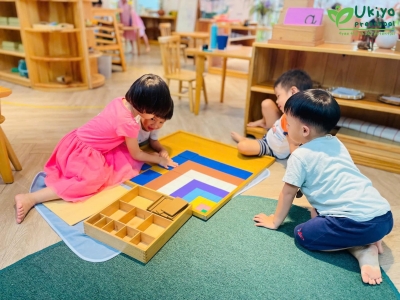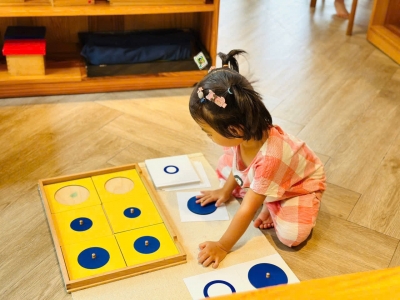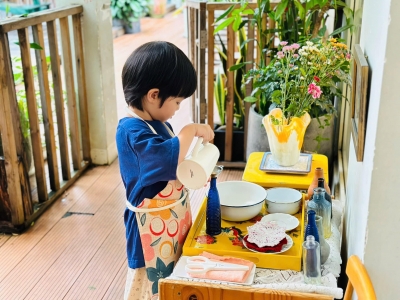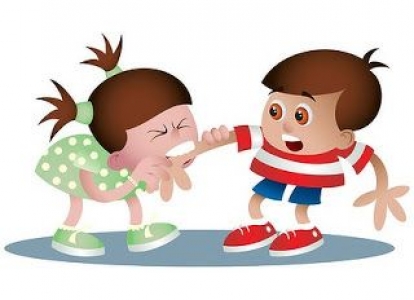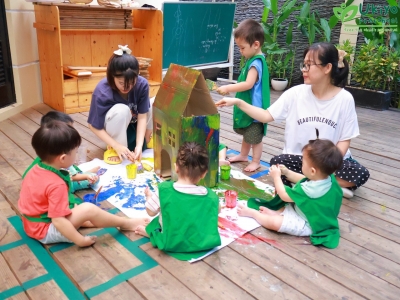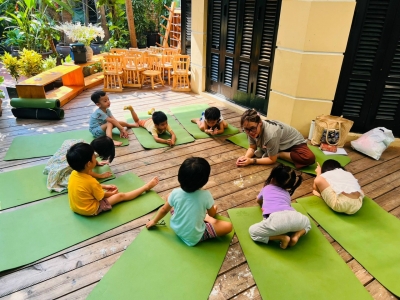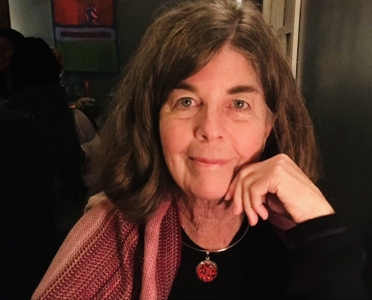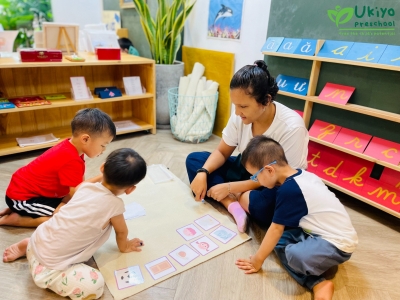An Environment for the Child [4]
It was a great woman, Ellen Key, who prophesied that the twentieth century would be that of the child.[5] At the end of the nineteenth century there began a new era of positive science: hygiene and psychology entered the school, children were studied from new angles, and among the important conclusions arrived at was the discovery that children were victims of unhappiness and suffered in many ways from their work.
And yet the constructive work which should have sprung out of this movement to help the child has not yet made itself felt, although there has been a labor of love to improve the school.
Strangely enough, the vastness of the problem involved was not really understood: the evils which the new science deplored were dealt with in many ways but they were not uprooted.
The most praiseworthy efforts were made to diminish mental fatigue, schools in the open air were tried games, the mitigation of punishments, and pleasant teaching. People united to deal with the situation, teachers appealed to parents, to the whole world to take an interest in scientific education – but everyone took it for granted that learning in school, however scientific the methods of teaching might be, meant submitting the child to a system under which he would suffer, although of course it was for his own good.
Do we really need to take for granted any method of education which involves suffering? Perhaps we, educationalists and parents alike, are going together, urged by love, along an enclosed path without an exit. Perhaps we ought rather to turn back and try another road.
There is an anecdote of a king who wished to reform his kingdom. He sent for his counselors, and one wiser than the others said, “First you must reform yourselves, you and your court.” In this parallel the place of the wise man is today taken by the child, because he is the active person in this problem. Great evils are not resolved by alleviating a collective error. Take the case of woman’s emancipation: it is not a question of giving women a few more rights, but of recognizing a human personality full of vigor, capable of giving a great and sure contribution to the progress of humanity.
With regard to the social question of the child, the wrongs are due to a fundamental error. It is a question of reforming the reformers: we all need to be changed. We are the adults and the child depends on us; his sufferings, in spite of our good intentions, come from us. If, owing to an error on our part, these evils occur, then it is necessary that the adult’s attitude should be reformed.
For instance, at present we are convinced that it is necessary to influence the child to become a wise man, a useful citizen, and to have an instructed mind. We think that we must be his molders, that without us he cannot grow. We feel burdened with responsibility, and are convinced – we adults – that we must create the child’s character. To us, the problem merely consists of finding the way to achieve this, either by the easy or the hard road.
But the fundamental problem is not discussed, indeed it is often not realized, hence it is necessary that the adult should be aware that he does not always succeed in what he tries to do. He must change his attitude. We, as adults, must play a new role – we must understand that instead of helping the child we only hinder him if we try to mold him directly.
Adult and child work in entirely different ways. The adult works on the environment and transforms it to suit himself with definite ends in view. The child works to become a man; by an inner force which urges him to continual activity he acquires little by little his mature characteristics. Now, we do not know this spontaneous being: the child who tries to work constantly. If we did not recognize him as such before, it was because we put obstacles in his path.
These obstacles are of two kinds: (1) The child, who is weak with regard to the adult and has strong formative energies, needs his own environment, and we give him only that of the adult where nothing is adapted to his size. (2) This poor child must fight the adult who does not understand the work he is so busily engaged upon and who impedes him at every step.
We cannot say that an appropriate environment for the child is found in the school where he is forced to sit still when he is full of action; nor is the home his environment, where he continually hears, “come, go, don’t touch”, etc. So there is conflict as much in the home as in the school, and with teachers as much as with parents. We are full of love and unconscious egoism; there are unconscious flaws in our behavior.
Let us look for a minute at a school which is a true Children’s House, where the children are masters of the house.[6]
We must remember this small but profound difference when we enter the room in which they are at work. These children are not to be treated as in other schools, where we begin by examining how they are taught, whether they understand, and if they are disciplined. We have on the contrary to learn something else, essential and fundamental, something we should learn from the first day: how to respect the child.
You may say that you know how to respect him, and that perhaps is true but in a moral and theoretical way. I mean it literally: children must be respected as social, human personalities of the first order. For instance, we think it natural on entering a class to say to the children, “What are you doing?” or “Why did you do that?” Very often the child cannot tell us. This abrupt questioning is not a sign of respect. We do it because we think of the personality of the child as being on a lower level. Here we are mistaken. We treat these children as objects, ordering them about, placing them here and there, and forcing them to fit into our world without the slightest consideration of the lives they live in a world of their own. In creating an environment suitable for the child, our first lesson is to stand by.
We say this to the teachers in training who enter the Children’s House. “Stand by, remain silent, and do not speak a word to the children, do not make any noise. Here the children are in their own world, you must observe simply by looking, you must not wish to judge, correct, or teach. It is only in this way that you can enter into the spirit and practice of the teacher.”
Those who say it is our duty to keep the child in blind obedience, that we have a right to correct, and that in consequence the child will become intelligent, good, and instructed, are deceiving themselves. The child reacts to this treatment by defending himself, for example he becomes timid and lazy because he is not allowed to act, he lies to save himself from punishment, he becomes capricious and difficult because he is interfered with and is not allowed the opportunity to concentrate. The adult corrects more and more, and the first war begins: that between the child and the grown-up.
But as soon as the adult ceases to oppress the child, he shows a different character, the profound characteristics of a spiritual being. We are shown qualities far from being known, so much so that they are called miraculous, and yet only a negative action has been performed: that is to say, positive for the environment, but negative for the adult.
For example, the child enters upon prolonged work, and from being pettish and selfish he becomes energetic, and his generosity is remarkable. It is a delight to watch with what enthusiasm the child works when he is given freedom, and when he finds to hand suitable objects with which to satisfy his desire for activity.
I have been observing the child at work for many years and have provided for him in the school a new world for his activity. In his school environment he finds objects which he can handle easily, small chairs and tables which he can manage himself, materials that satisfy his inner urge to work and teach him through his own initiative.
In the home, the ideal environment for the child should also contain child-sized furniture, and utensils which he can handle himself. This is not yet practical in every home, but at least the adult can provide the child with a suitable spiritual environment. The adult must not interfere, must not act instead of the child. Give him the means and let him act: his freedom consists of this. On every teacher and every parent, I urge not great instruction, but humility and simplicity in dealing with small children. Their lives are fresh, without rivalry or external ambitions, it takes so little to make them happy, to let them work in their own way towards the normal development of the men and women they will be. The great benefit we can bestow on childhood is the exercise of restraint in ourselves.
[4]This article was published in The Saturday Review of 19 December 1931.
[5] Ellen Key (1849-1926) was a Swedish feminist writer on subjects in the fields of family life, ethics and education, and best known for her book on education which was translated in English in 1909 as The Century of the Child. As well as being a staunch supporter of women’s right to vote, she was an early advocate of a child-centered approach to education and parenting.
[6] Montessori’s Children’s House is for children from age 3 to 6. The Italian term, Casa dei bambini, was coined by Montessori’s friend, Olga Lodi, a journalist who, on entering Montessori’s first school in the district of San Lorenzo in Rome, exclaimed, “But this is not a school this is a house of children.”
Others



